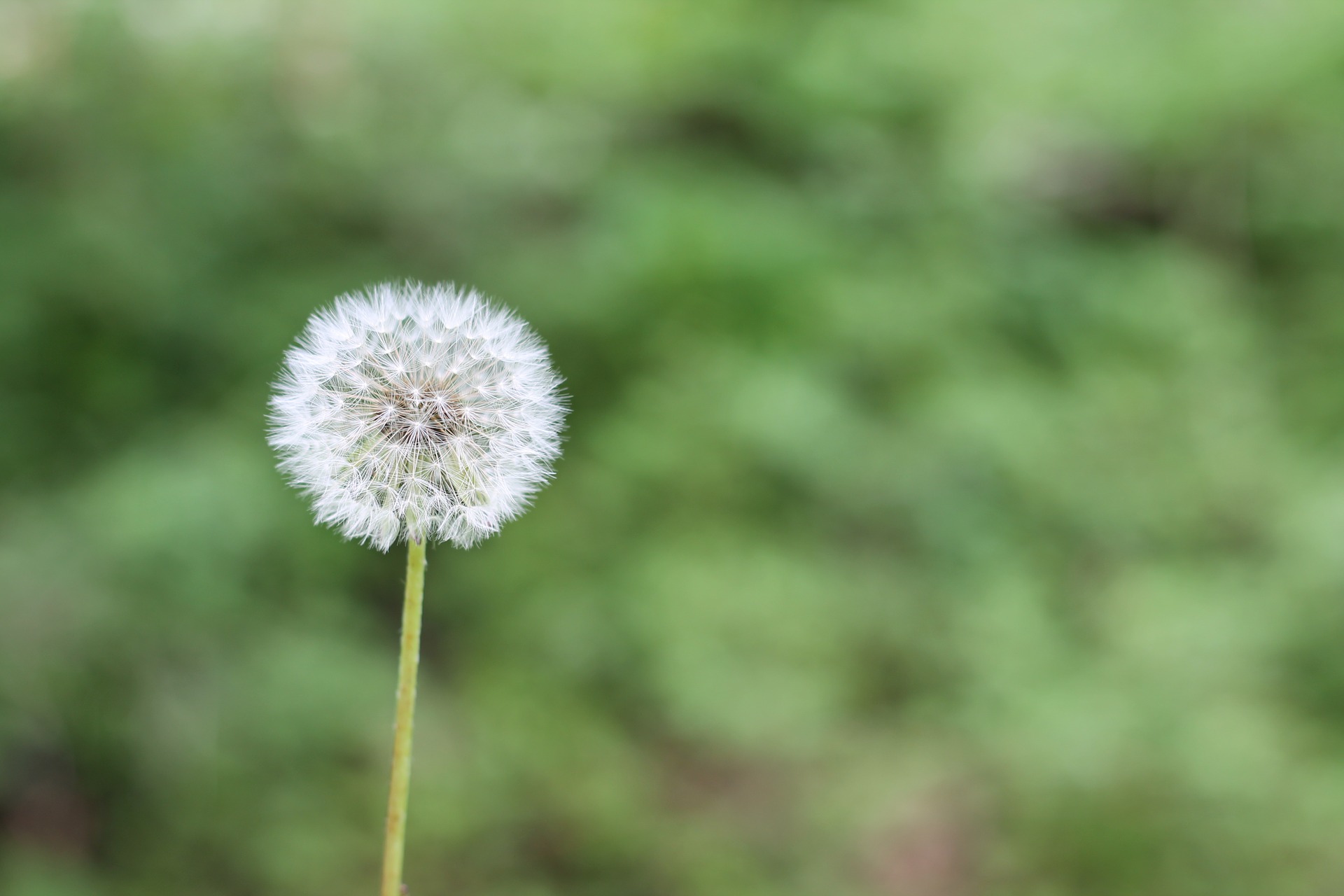
“ויהי אחר הדברים האלה ויאמר ליוסף הנה אביך חלה ויקח את שני בניו עמו את מנשה ואת אפרים”
When Yosef heard that his father Yaakov turned ill, he took Menashe and Efrayim to receive a brocha from Yaakov.
The Gemara in בבא מציעא (פז.) says that until Yaakov Avinu there was no sickness. He asked Hashem for רחמים and he became sick. Rashi explains that he asked that a person should become sick before he dies so he can instruct his children. The source for this explanation is the Pirkei D’Rebbi Eliezer (perek 52) who says that from the time of creation until Yaakov’s time, no man would become ill prior to his death; indeed illness as such did not exist at all, and there was no warning of a person’s imminent demise. Rather, a man walking on the road or in the market place would suddenly sneeze, and his soul would exit via his nostrils. Hence, a sneeze was the precursor of death. Yaakov however, beseeched Hashem for mercy, praying that his soul not depart suddenly from this world, so that he would have time to instruct his sons before his passing. Hashem granted his request, and from then on, people would take ill prior to their death. Therefore, when one sneezes he is obligated to say חיים – life. The Midrash Yelamdainu says that someone else tells the person who sneezed חיים.
The Gemara in Berachos uses the word מרפא – health. Rashi there explains that they would tell this to someone who sneezed. The Gilyon Hashas brings the Pirkei D’Rebbi Eliezer as the source. The תוספתא (שבת ח’,ב’) says that saying מרפא is the way of the non-Jews and should not be done. The בית יוסף (יו”ד סימן קע”ח) says that we don’t pasken like this תוספתא.
There are two halachos in Shulchan Aruch pertaining to sneezing. The Mechaber (Y.D. siman 241, 17) rules in accordance with the Gemara in Berachos (53a) that in the בית המדרש one cannot say מרפא – health, to one who sneezes. He writes אין משיחין בבית המדרש אלא בדברי תורה, אפילו מי שנתעטש אין אומרים לו רפואה בבית המדרש – Only words of Torah should be spoken in a בית המדרש. Even if one sneezes you should not wish him רפואה in the בית מדרש. The Gemara explains because of ביטול בית המדרש – it is considered ביטול תורה.
The פרישה writes that it is possible this halacha only applied in the times of the Gemara שלא ראו מספריהם לחוץ – that they never looked outside their sefer, כל שכן שלא היו משיחים – how much more so they didn’t speak idle talk. Today, however, since we are not so careful on ביטול תורה it is permissible to wish רפואה. The ש”ך brings the פרישה as halacha.
The ט”ז disagrees with the פרישה. If we will allow people to say מרפא they will come to think it is permissible to interrupt one’s learning for anything. The Gemara inחגיגה describes for us the severe punishment for ביטול תורה. Not only should one not be lenient like the ,פרישה the Rav should also warn his talmidim against this practice. They will learn from him how much more so a person has to be careful when it comes to regular idle talk.
The פסקים ותשובות explains the פרישה that מעיקר הדין it is permissible to interrupt one’s learning to tell someone מרפא, nevertheless they were stringent not to since they were stringent for all interruptions from learning. Today however since we aren’t so מקפיד in our interruptions from learning, we do like the עיקר הלכה. On this the ט”ז says that even today we should be מקפיד, since people will learn from here to interrupt their learning for anything.
The second halacha regarding sneezing pertains to a סעודה. The מחבר in Orach Chaim (siman 170,1) writesאין משיחין בסעודה שמא יקדים קנה לושט ואפילו מי שנתעטש בסעודה אסור לומר לו אסותא – One should not talk while he is eating lest he choke. Even if someone sneezed you should not wish him a רפואה. The שערי תשובה says in the name of the פרישה that today one does not need to worry about this. This halacha only applied when they would eat reclining. Many poskim however quote the Shulchan Aruch and don’t say that today is different.
Prepared by R’ Avrohom Yehoshua Ziskind